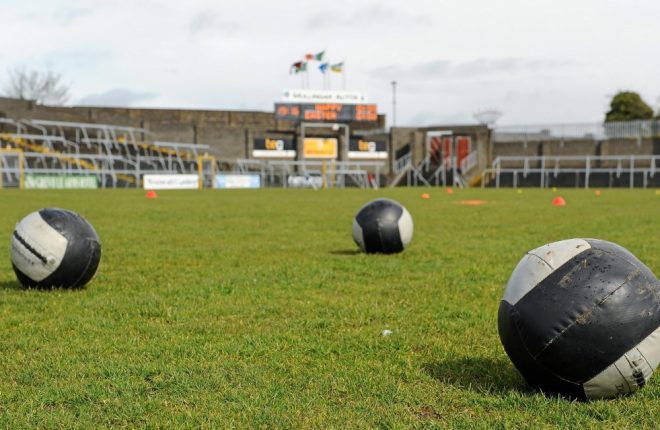
Coaches need to know when to stop training
THIS weekend sees the start of the Ulster Senior Football Championship. Regardless of how well or poorly a team performed in the League, this is the time of year all coaches, players and managers look to, the Championship!
Over the next four weeks all the counties in Ulster will be striving to make sure their footballers are fresh and at the peak of their powers come the game on their respective Sunday 2pm, 3,30pm or 4pm slot.
It’s certainly not easy sometimes to know how much you should train in the lead up to a big match. Do you train less? Train more? Do you train at a higher or lower intensity? All the questions and more go streaming through the head of a good coach at some stage in the season.
It’s easier to judge when you have a consistent run of games but the ridiculous nature of our GAA calendar, where teams are expected to train for maybe 8/10 weeks without a game before their Championship match, can make it difficult.
There is no doubt though that shortening sessions before a big game can actually boost performance, using the principle of tapering.
You need to be careful deciding when to start reducing your training, the volume, intensity and frequency of your sessions. You need to be sure that you’re not throwing away all the previous couple of months of hard work.
If a footballer is used to training with a high intensity or high volume and the coach starts to reduce it dramatically then the player psychologically may feel,
“I’m losing my fitness, I need to push on, must train harder on my own.” The end result being the player does not get enough adequate rest and does too much outside of collective training through a mental fear of easing of.
Tapering your training correctly has actually shown a boost in sporting performance by as much as 10%, rather than simply maintaining your normal training routine.
Top researchers and coaches in the games of soccer and rugby suggest cutting back on your training for the final two weeks before a major game will have major positive impact on your performance.
Here are some examples of different types of tapering you can use in those final two weeks:
1. Step Taper – Where you immediately cut back to half of your normal training session for the last two weeks. So, for example, if your session normally lasts 70 minutes, for the last two weeks it would last 35 minutes. The intensity of your sessions would obviously remain extremely high but a huge decrease in the content and volume.
2. Linear Taper – Steadily decrease training so the final week totals 50% of a normal week.
A more gradual approach than the step method, so for example you might go from 70 minutes to 60 minutes to 50 minutes, eventually to 40 minutes in the few weeks before the game.
3. Exponential Taper – A sharp drop initially in the first week and then level off in the second week. Some researchers suggest this is the best method, so your session might drop from 70 minutes to 40 minutes and then level off in the final week at 35 minutes.
Planning the perfect Taper for your team is probably more experience than science but there are some basic principles, which should be set out:
• The taper should last roughly two weeks.
• 40-60% reduction in training volume (time you train for) in final week.
• Frequency (how many sessions) and Intensity (how hard you train) should remain the same for final two weeks.
• Remember “quality not quantity” as that big game gets closer.
Receive quality journalism wherever you are, on any device. Keep up to date from the comfort of your own home with a digital subscription.
Any time | Any place | Anywhere











